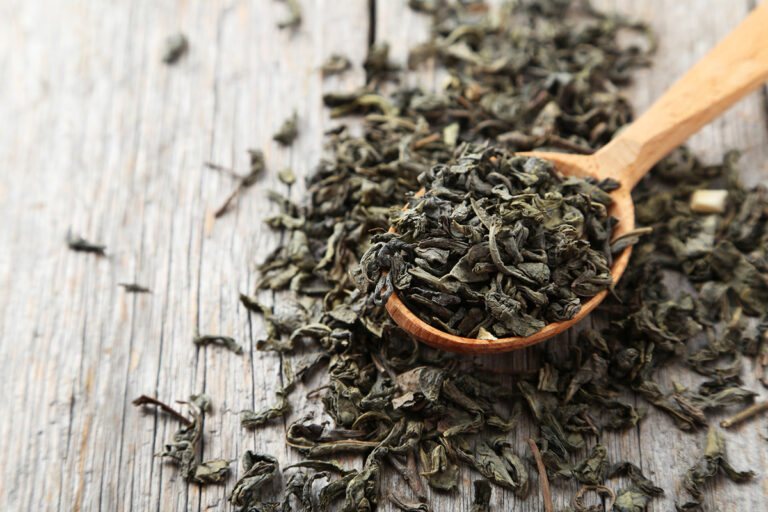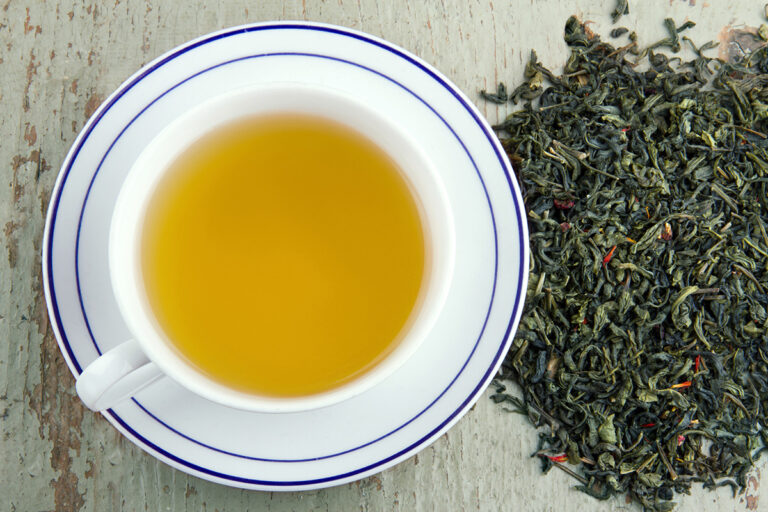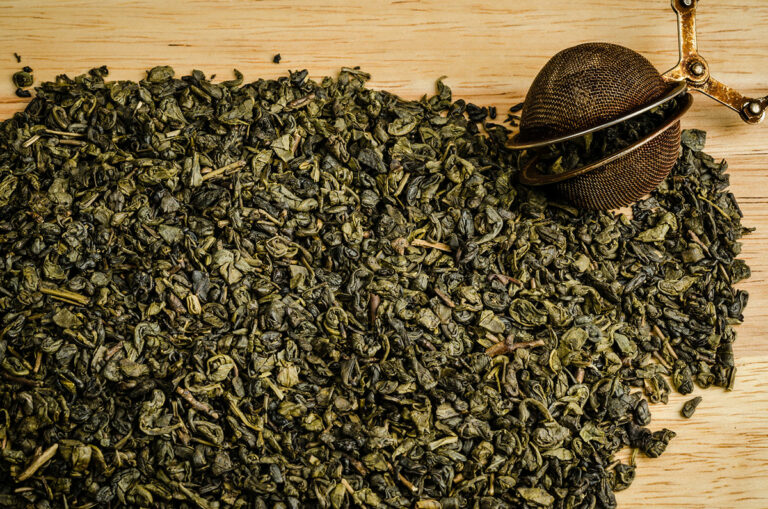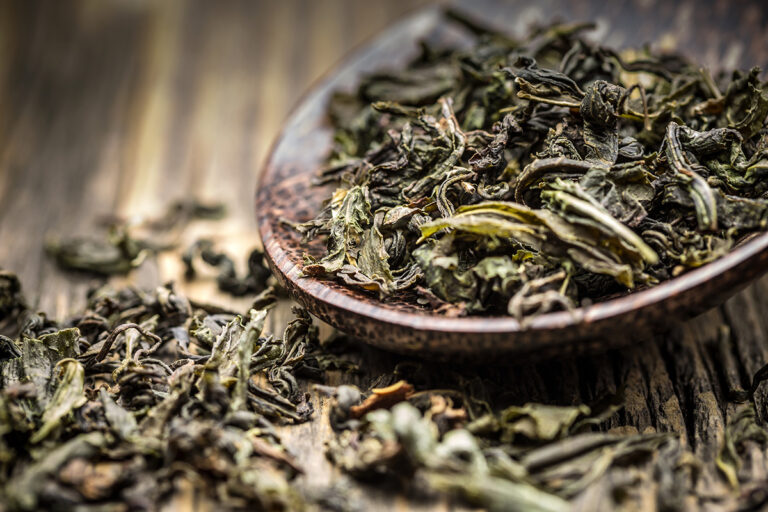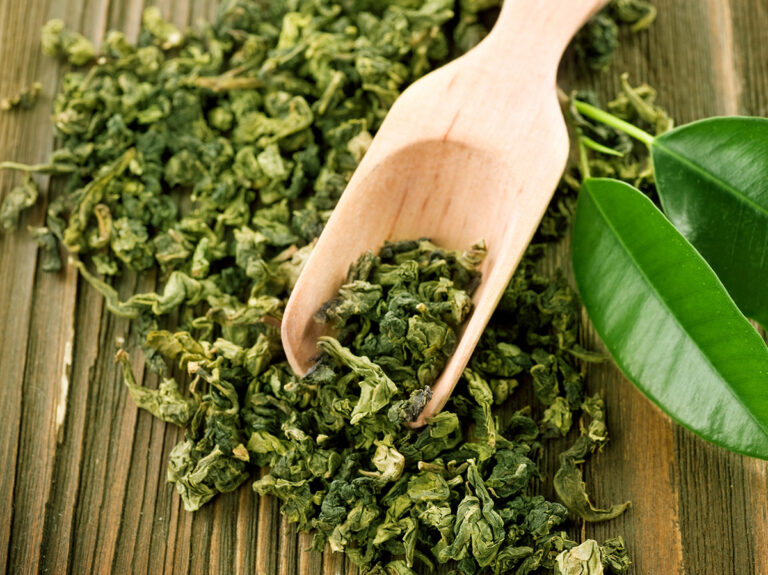How Much Quercetin is in Green Tea?
Quercetin is a naturally occurring antioxidant found in many fruits, vegetables, and beverages like green tea. It belongs to a group of plant pigments called flavonoids that give many plants their vibrant colors.
Green tea, a widely consumed beverage, is known for its potential health benefits, including the presence of various antioxidants like catechins and quercetin.
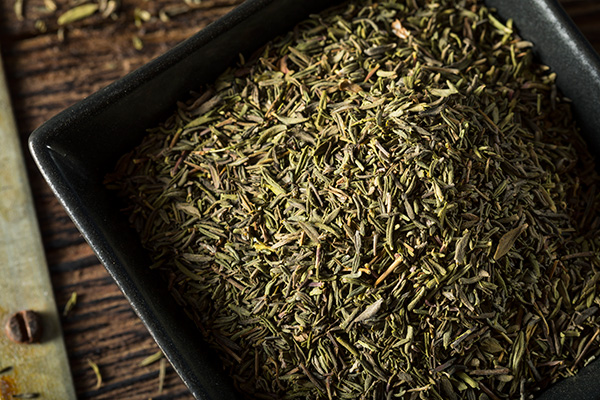
How Much Quercetin is in Green Tea?
The quercetin content in green tea varies depending on the type, origin, processing, and brewing method. Generally, a cup of green tea (approximately 240 mL) contains around 2 to 3 milligrams of quercetin. However, this number can differ significantly based on the factors mentioned earlier.
Factors Affecting Quercetin Levels
Type of Green Tea
There are numerous types of green tea, including Sencha, Matcha, Gyokuro, and Genmaicha, each having its own distinct flavor and characteristics. These different types may also contain varying levels of quercetin due to their unique processing techniques.
Origin and Growing Conditions
The geographic origin and growing conditions of the tea plant, such as altitude, climate, and soil, can impact the quercetin content in green tea leaves. For instance, tea plants grown at higher altitudes might have higher concentrations of quercetin due to increased exposure to ultraviolet (UV) radiation.
Processing
Green tea is minimally processed compared to other types of tea, like black and oolong tea. This minimal processing helps retain more of the tea leaves’ natural antioxidants, including quercetin. However, the specific processing method used can still impact the quercetin content in the final product.
Brewing Method
The quercetin content in your cup of green tea will also depend on the brewing method. Steeping time, water temperature, and the amount of tea used can all influence the final quercetin levels in your tea. Typically, longer steeping times and higher water temperatures result in a higher extraction of quercetin from the tea leaves.
Best Green Teas You Should Try
Navigating through the myriad of best green tea brands can be a task. That’s why we’ve tasted, tested, and rated dozens to give you a clear selection on our website.
Health Benefits of Quercetin
Research suggests that quercetin may have several potential health benefits, including:
Antioxidant Properties
Quercetin is a potent antioxidant that helps neutralize free radicals, which can damage cells and contribute to aging and diseases like cancer and heart disease.
Anti-inflammatory Effects
Quercetin has been shown to possess anti-inflammatory properties, which can help reduce inflammation in the body and potentially alleviate symptoms of conditions like arthritis and asthma.
Cardiovascular Health
Some studies suggest that quercetin may help lower blood pressure and reduce the risk of heart disease. This is attributed to its antioxidant and anti-inflammatory properties.
Allergy Relief
Quercetin may help alleviate allergy symptoms by stabilizing mast cells and reducing the release of histamine, which causes inflammation and allergic reactions.
Conclusion
Green tea is a popular beverage known for its potential health benefits, and quercetin is one of the many antioxidants it contains.
The amount of quercetin in green tea can vary significantly based on factors like the type of tea, its origin, processing, and brewing method. Generally, a cup of green tea contains around 2 to 3 milligrams of quercetin.
Including green tea in your daily routine can help you take advantage of the various health benefits associated with quercetin, such as its antioxidant, anti-inflammatory, and cardiovascular properties.
However, it is essential to remember that moderation is key, as excessive consumption of green tea could lead to some side effects like caffeine sensitivity or iron absorption issues.

